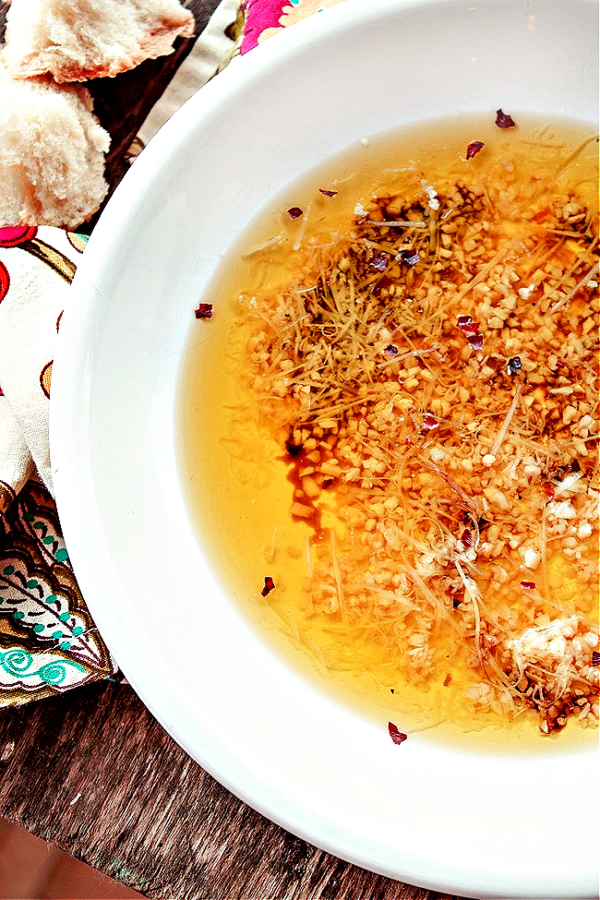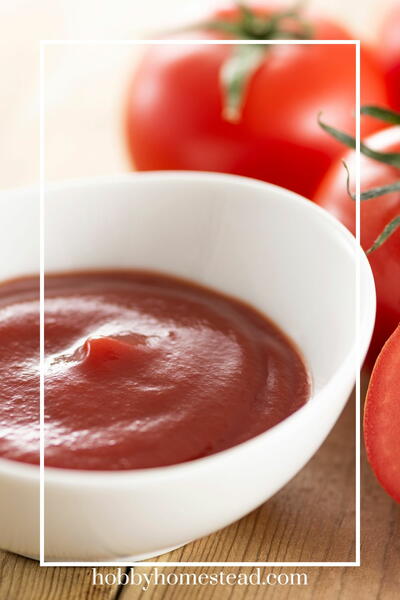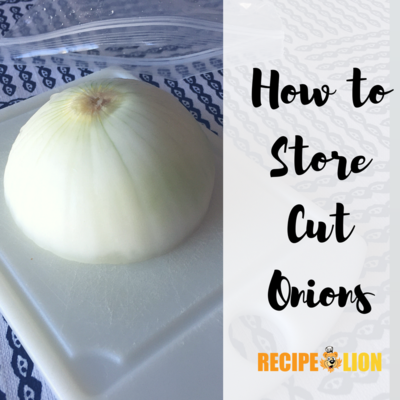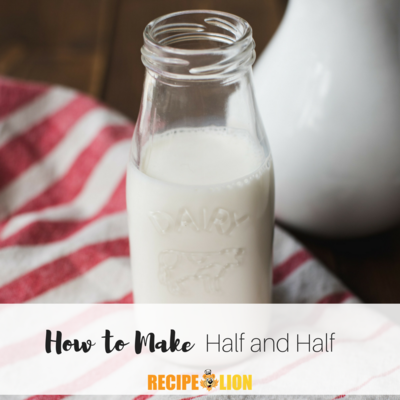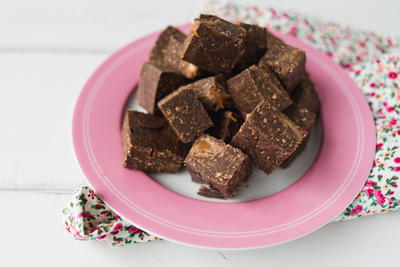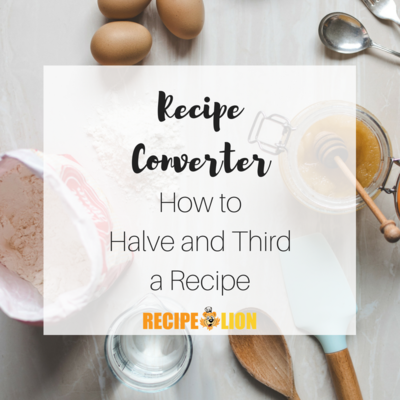Is Red Wine Vinegar the Same as Balsamic Vinegar?
Learn all about the similarities, differences, and substitutes for these two vinegars in this red wine vinegar vs. balsamic vinegar showdown.

There are so many kinds of vinegar out there it can be hard to understand what your recipe is asking you for. Some recipes call for red wine, and some call for red wine vinegar. And then there's substitutions--how do you decide which vinegars taste similar enough to swap?
In this Q&A, we'll explain that red wine vinegar is NOT the same as balsamic vinegar and show you some of the similarities and differences between them. We've also provided some substitutions, for when you just don't have that specific kind of vinegar. The good news is that if you have either red wine or balsamic vinegar, you're good to go for a switch!
Get all of your vinegar questions answered here, then try using your vinegar in a recipe.
What is Red Wine Vinegar?
Red wine vinegar starts off as red wine, but it's fermented an extra long time, which turns the alcohol into a chemical compound callled acetic acid. That's what makes vinegar taste like vinegar, that strong zingy taste.
There's still a little bit of alcohol in the red wine vinegar, but there's no way you'll get drunk off of it. It does, however, still taste like red wine underneath the acetic acid taste, so it's got a strong flavor. You can pair any red wine vinegar with foods you'd drink red wine with--red meat, Italian food, and the like.
Here are some substitutes for red wine vinegar:
- Sherry vinegar
- Apple cider vinegar
- White wine vinegar (which is made the exact same way as red wine vinegar, just with a white wine. White wine vinegar has a much lighter flavor, so consider that when using.)
- Tannic red wine like Cabernet Sauvignon
- Balsamic vinegar (this is sweeter than red wine vinegar, so be careful when adding. You may have to cut back sugar in other places.)

What is Balsamic Vinegar?
Balsamic vinegar is made from "grape must" (the pressed juice made from the grapes, stems, and seeds) that is then boiled, fermented, and acidified for years in a barrel. Although both red wine vinegar and balsamic vinegar are made with grapes, the difference is that red wine vinegar made a stop at the "wine" stage, whereas balsamic vinegar does not.
The first kind of balsamic vinegar is a very traditional and respected form of making vinegar in Italy that is protected by the governments of Europe. The two kinds of traditional balsamic vinegar are Aceto Balsamico Tradizional de Moderna DOP and Aceto Balsamico Tradizional di Reggio Emilia DOP, which are named after the historic towns where the vinegar is made. This vinegar is fermeneted for more than a decade and is very expensive and fancy.
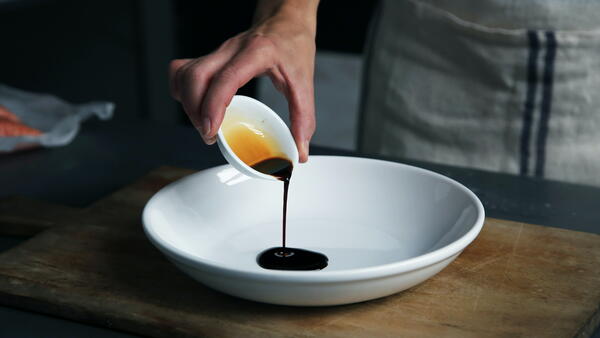
The second kind of balsamic vinegar is the kind you find at the grocery store. It's made the same way as traditional vinegar but it's more commercialized for the masses and uses wine vinegar to make the process go faster. This vinegar doesn't need to ferment nearly as long--between two months and two years.
Traditional balsamic vinegar (the fancy stuff) isn't meant to be cooked with, it's for putting directly on food. The commerical balsamic vinegar has a weaker taste, and so is better to be added to a recipe.
Substitutes for balsamic vinegar:
- Red wine vinegar mixed with a sweetner, like maple syrup or sugar (to get that sweet taste of the balsamic.)
- Balsamic vinaigrette
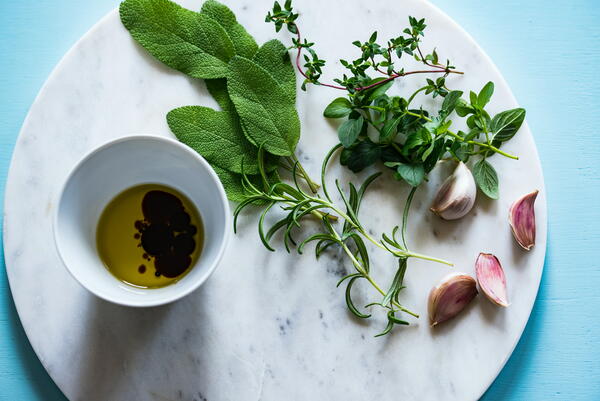
Summary
Yes, there is a difference between red wine vinegar and balsamic vinegar, the biggest of which is the sweetness. Although they both have the signature acetic acid tang, you'll taste the difference in a dish using one or the other.
However, they're not so different that you can't switch them out if you've only got one or the other--it just takes a little extra work. If you need red wine vinegar but only have balsamic, you'll need to lower the sweetness of the balsamic in some way, by using less or taking out sugar elsewhere in the recipe. The opposite is true as well; red wine vinegar needs sweetness added to it to mimic a balsamic vinegar.
If you're interested in food and chemistry, take some time to study fermentation and the acidification process that both these vinegars require!
Red Wine Vinegar Recipe
Try this tasty Roasted Eggplant with Tomato and Feta and see what red wine vinegar can do for your food.
Get the recipe here!

Balsamic Vinegar Recipe
Make this Italian Dipping Oil for any occasion to really get the taste of balsamic vinegar.
Get the recipe here!
